Almost half of UK businesses face resistance from drivers when attempting to introduce new technology to their vehicle fleet, according to TomTom research.
TomTom believes this problem could be overcome by better communication between managers and employees but 58% of those questioned admitted they do not conduct a formal consultation when changing business systems.
“In order to profit from the significant gains in efficiency and productivity offered by fleet management technology, businesses must properly manage change by involving drivers throughout the implementation process,” said Giles Margerison, TomTom Business Solutions director UK & Ireland.
“It is surprising to discover so few businesses conduct formal consultations as a matter of course, especially as they can be vital in addressing concerns and communicating the benefits available to management and staff alike.
“Zenith Hygiene Systems has been able to achieve yearly fuel savings of £218,000 by gaining employee buy-in for an innovative scheme designed to improve driving style using a fleet management system.”
The most frequent complaint made by drivers is that technology represents ‘big brother’, cited by 43% of businesses as their staff’s primary concern.
Other common problems included trouble adapting to a change in systems (21%) and a lack of clarity surrounding the benefits offered by new technology (18%).
The idea of telematics technology as ‘big brother’ is a hangover from the days of straightforward tracking and tracing but the reality now is different,” added Giles.
“By partnering with the right fleet management technology provider, firms can access expert advice and consultancy to ease the transition and better communicate benefits to staff.
“Smart routing and TomTom HD Traffic help to reduce stress behind the wheel by allowing drivers to avoid congestion, automatically generated mileage reports cut laborious paperwork and Active Driver Feedback empowers drivers to improve their own driving style.”



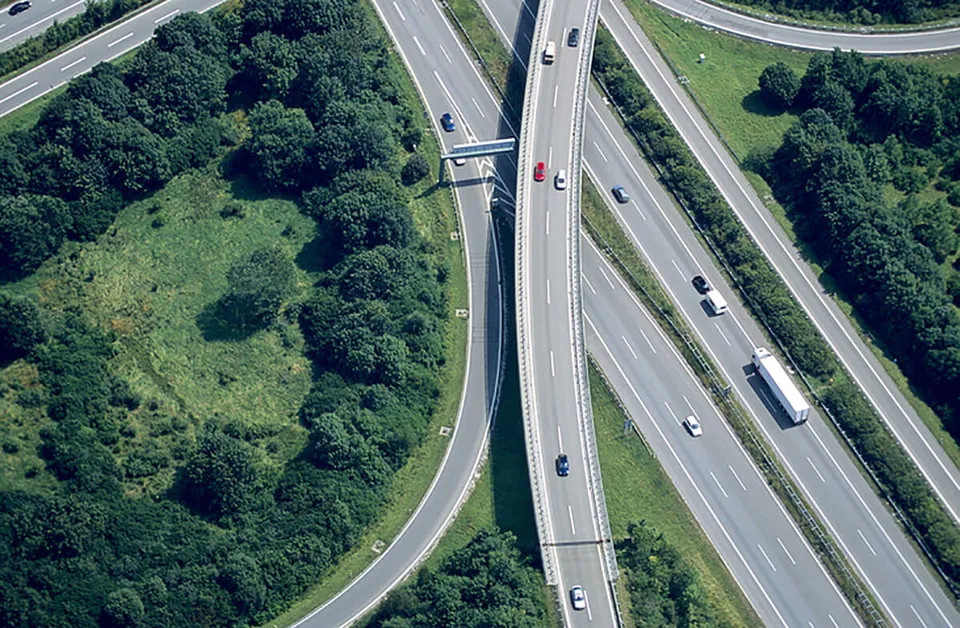




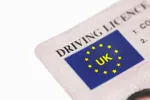
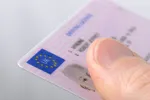

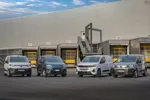


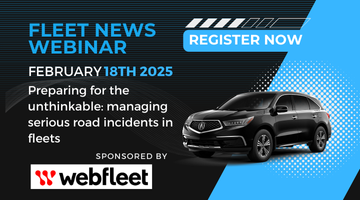
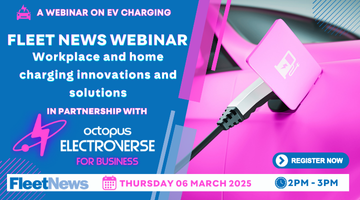
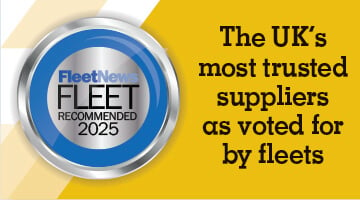

P Bosch - 23/08/2012 12:11
Our drivers were 'sold' the benefits of our customers being better informed, better traffic routing, less paperwork and so on but in reality the office based people don't have time to use the real-time data, the traffic information is often offline or takes so long to come through your already in the jam! The mileage reports still have to be laboriously copied into the companies expenses system no different to before, the extra software overheads of tracking mean its not as good as a 'normal' unit, it updates too slowly making it easy to miss a turn in unfamiliar roads. The 'fears' of it being Big Brother are not outdated when after a year of use in reality its become little more than a glorified clocking on machine. Drivers ignore the 'chop and change' computed routes and use local knowledge which is still the best route planner. In truth there has been no gain in productivity either, where staff used to head home when done and do the paperwork - they now know they will be flagged as soon as they get in the car so to avoid being diverted somewhere else (and then expected to do the paperwork in their own time) will string out the 1st call longer and do the paperwork in a cafe or carpark instead. Human nature is to resist control, the more micro management and less trust applied to staff, the more they will feel the need to rebel. There has been no net gain from the system, its expensive, its damaged trust. The only gain is the company feels absolved from the liability of incorrect fuel claims as it has proof of journeys, protecting it from the tax man.